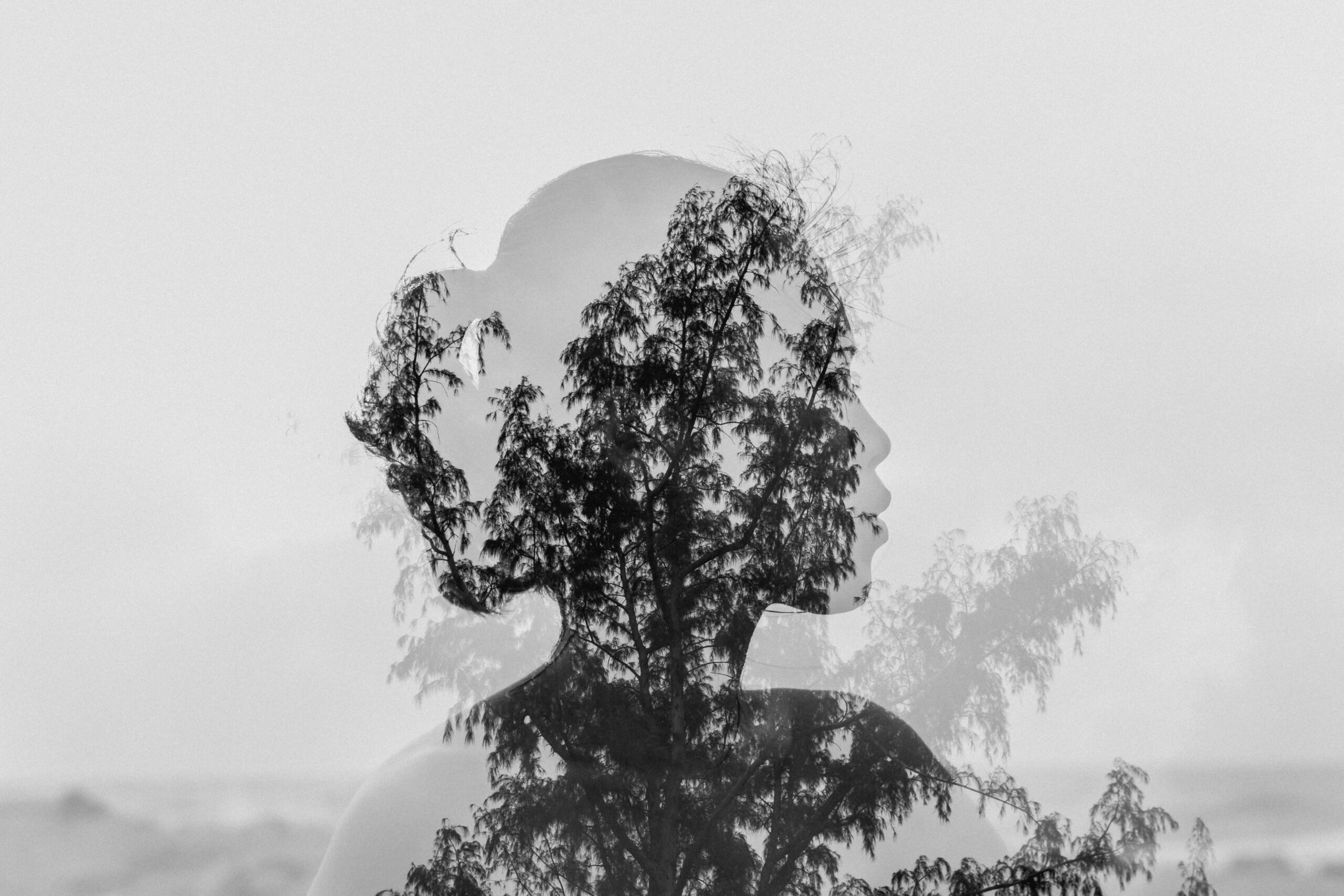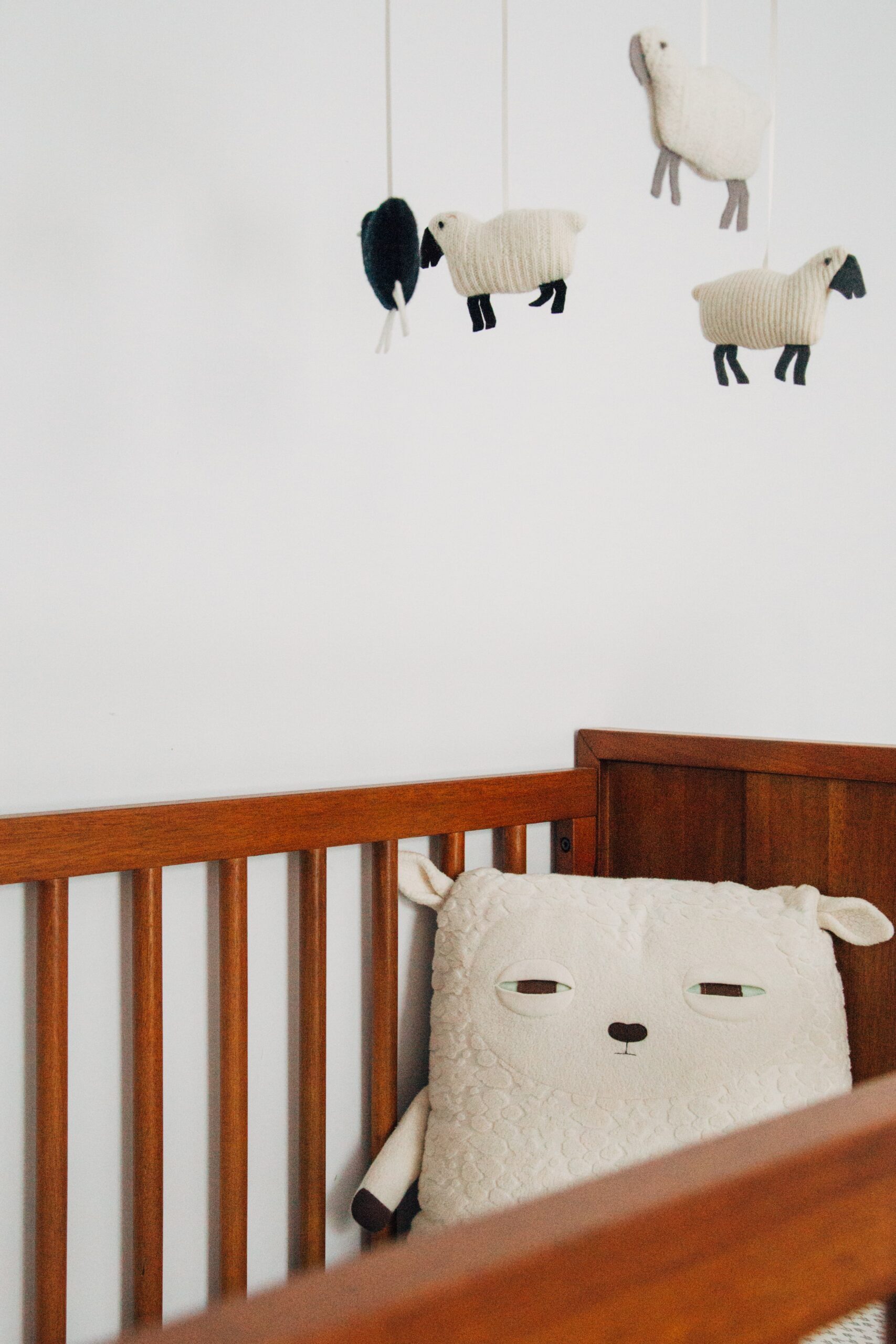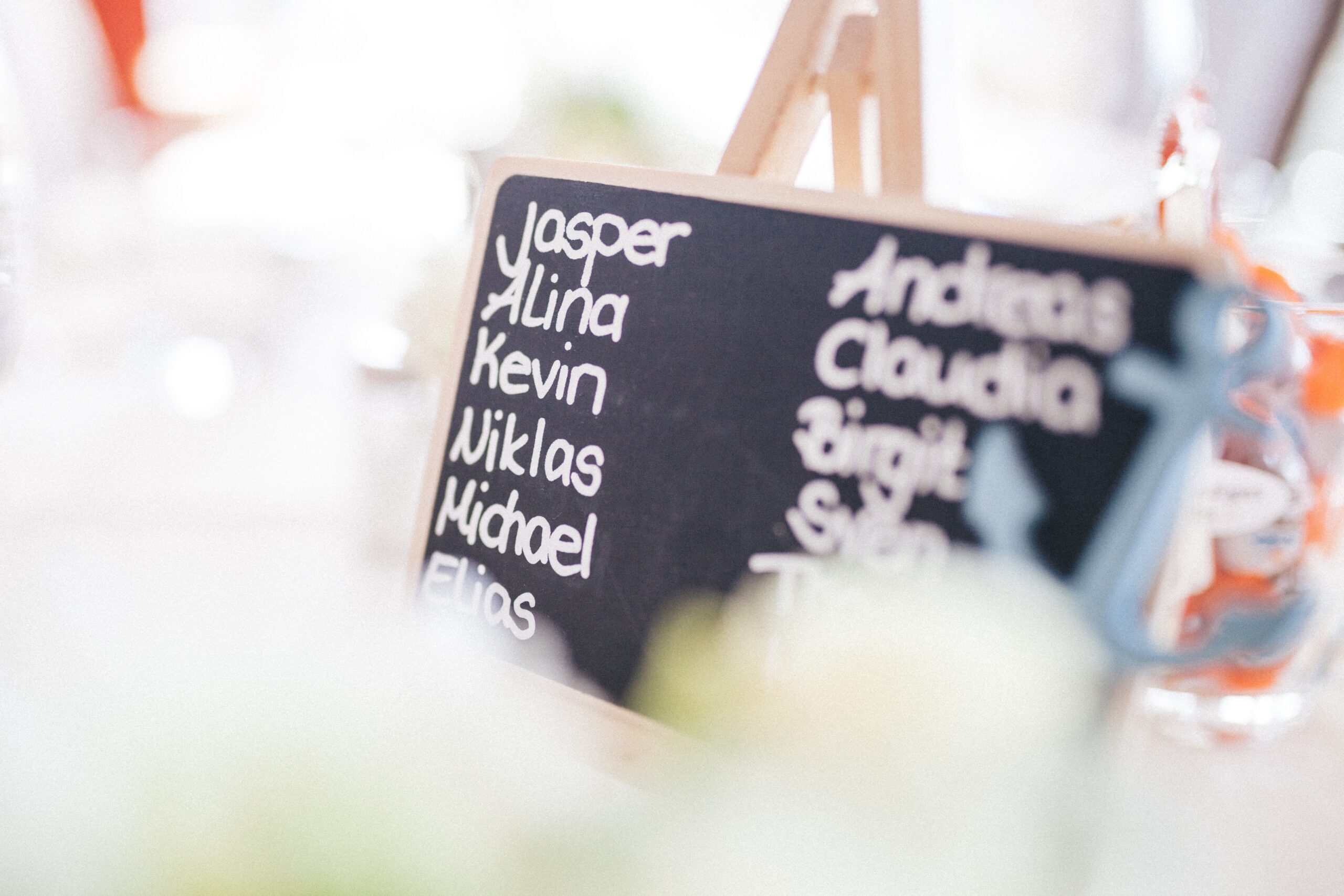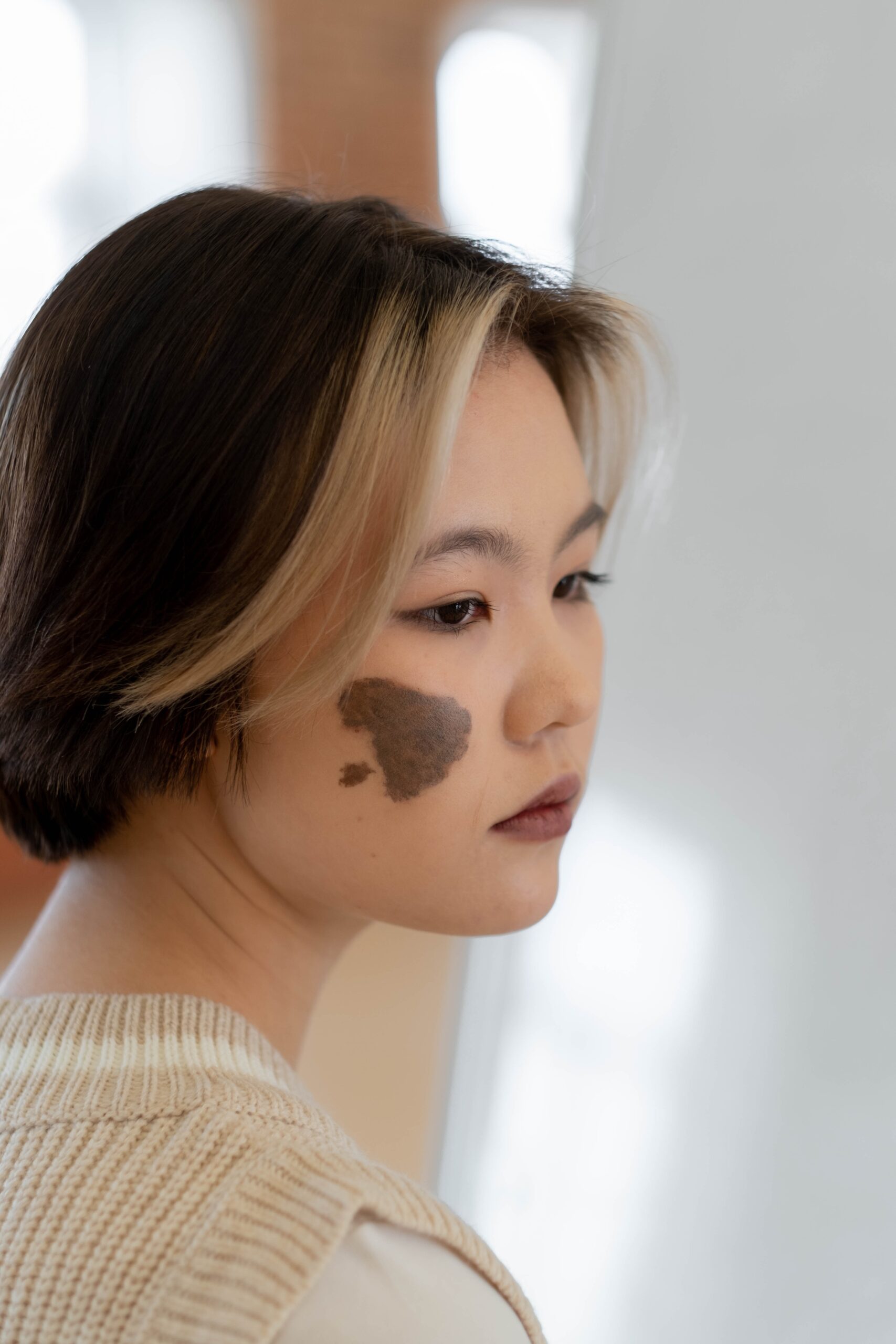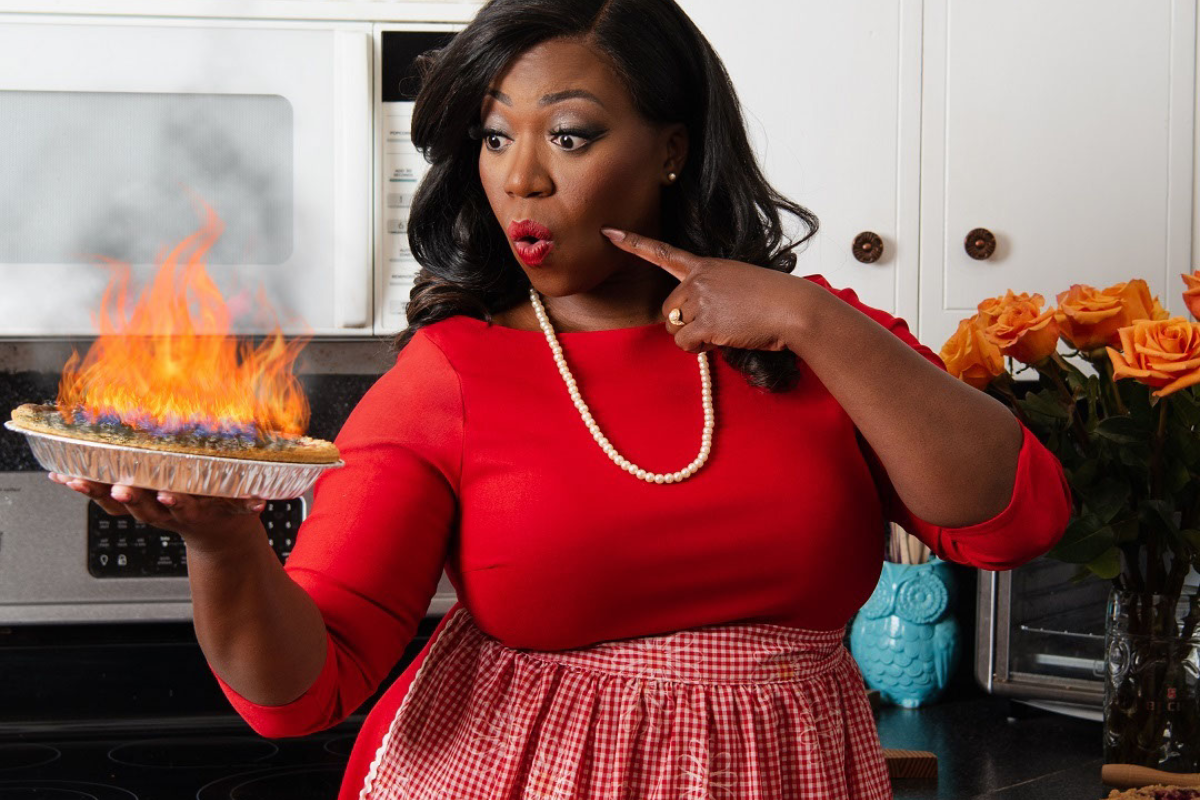The Color of My Skin
April 24, 2021 We’re almost home, on the border of Fort Greene and Downtown Brooklyn, coming back from a morning trip to Target. The weather is a perfect, sunny spring Saturday, warm enough to wear t-shirts. The cloth masks that I sewed from their favorite baby onesies are on. Because it’s still the Pandemic. Covid vaccines are rolling out and this feels hopeful. Emmy, my almost 5-year-old daughter, and Rainey, who’s a little over 3 years old, insist on walking. Our street is blocked off. Our neighborhood resurrects an outdoor street fair. There’s a cluster of people gathered, several folding chairs out. Two loudspeakers stand tall and high like totem poles. I’ve parked the huge stroller to the side. My daughters stand in front of me, my left hand over Emmy’s heart and my right hand over Rainey’s heart. Several African American children ranging in age from 4 to 8 years old are on stage. Feeling the music, they move their legs and arms in sync, skipping, twirling, hopping, and flying. The dancers are in …

